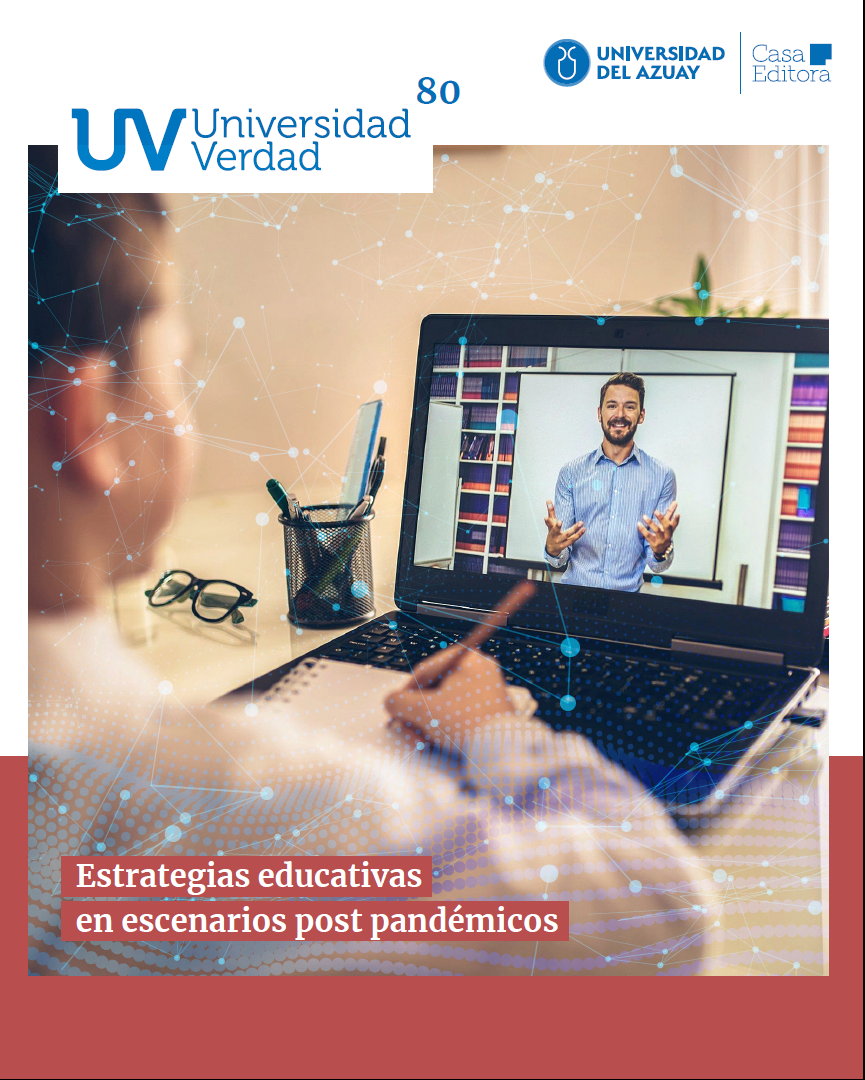LA INVESTIGACIÓN EDUCATIVA EN LAS ESCUELAS NORMALES DE MÉXICO: LA IMPORTANCIA DE FORMAR FORMADORES
DOI:
https://doi.org/10.33324/uv.v1i80.511Keywords:
Investigación educativa, Escuelas Normales, formación de investigadores, políticas educativas, programas de mejoramientoAbstract
Resumen
Creadas por decreto y reguladas desde la Federación, las Escuelas Normales en México, han sido las responsables de formar a los maestros de educación básica del país, desde 1820. Con presencia en todas las entidades del país, a través de ellas se imparten
contenidos curriculares estandarizados, siendo las únicas escuelas de educación superior cuyos planes y programas son diseñados y aprobados por una instancia nacional: La Dirección General de Educación Superior para el Magisterio (DGESuM).
A través de su incorporación, en 2009, al Programa de Mejoramiento para el Profesorado (Promep), se sumó a su función docente las de investigación, tutoría, gestión académica y vinculación-extensión, como indicadores deseables. Mediante esta reforma se buscaba generar en las Escuelas Normales (EN) las condiciones necesarias para alcanzar el nivel de las universidades, en tanto generadoras de conocimientos y no solo reproductoras.
Sin embargo, la desarticulación entre las políticas públicas diseñadas para impulsar la investigación educativa en las Escuelas Normales Públicas (ENP) y su realidad académica- administrativa, ha generado un rezago signifcativo en el desarrollo de estas y la
ampliación de la brecha respecto de otros subsistemas. Para comprobarlo, el presente artículo analiza, de manera diacrónica y utilizando un enfoque descriptivo, las políticas públicas implementadas a través de las instancias relacionadas con las ENP y sus efectos, partiendo desde el contexto nacional de México, hasta llegar a la Escuela Normal Lic. J. Guadalupe Mainero ubicada en H. Matamoros, Tamaulipas, México, que como estudio de caso nos permite observar el impacto que la desarticulación entre los reglamentos y la práctica administrativa ha generado en la producción de investigaciones originales que abonen a la solución de problemas específcos del sector educativo.
Palabras Clave
Investigación educativa, Escuelas Normales, formación de investigadores, políticas educativas, programas de mejoramiento.
Abstract
Created by decree and regulated by the Federation, Teacher Training Colleges in Mexico have been responsible for training the country’s basic education teachers since 1820. With a presence in all states, they teach standardized curricular content and are
the only higher education schools whose plans and programs are designed and approved by a national body: General Directorate of Higher Education for Teachers. (DGESuM). Through their incorporation, in 2009, to the Teacher Improvement Program (Promep), research, tutoring, academic management and outreach were added to their teaching function as part of the expected outcomes. The purpose of this reform was to generate the necessary conditions in the Teacher Training Colleges (EN) to reach the level of universities, as generators of knowledge and not only reproducers. However, the lack of coordination between public policies designed to promote educational research in public teacher training colleges (ENP) and their academic and administrative reality has led to a signifcant lag in their development and to a widening of the gap with respect to other subsystems. To prove it, this article analyzes, diachronically and by using a descriptive approach, the public policies implemented through the instances related to ENP and their efects, starting from the national context of Mexico to the Escuela Normal Lic. J. Guadalupe Mainero located in H. Matamoros, Tamaulipas, Mexico, which as a case study, allows us to observe the impact that the disarticulation between regulations and administrative practice has generated in the production of original research that contribute to the solution of specifc problems in the education sector.
This study aroused with the purpose of comparing the performance averages obtained by the students who attended the frst semester in the 2016-2018 cohorts of the Unifed General Baccalaureate and those who entered the 2012-2013 cohorts of the
Specialty Baccalaureate, by taking into account the admission and leveling processes started in 2012. A mixed methodology was applied to a probabilistic sample of 636 records for the frst cohort which belonged to the Specialty Baccalaureate (ESB) and
678 records for the cohort of the Unifed General Baccalaureate (UGB). The sample had an allocation of three years of study per each cohort. The results show that there are signifcant diferences with a better performance in the case of the UBG. A positive infuence of the leveling processes was also found. A tendency to improve performance was observed, especially in social sciences programs. The qualitative evidence presents divided opinions about the admission and leveling processes. The experts suppose an advance of the UGB that is not necessarily revealed in student´s performance in the frst university years due to the disconnection between the baccalaureate and higher education.
Keywords
Educational research, Teacher Training Colleges, training of researchers, educational policies, improve program.





